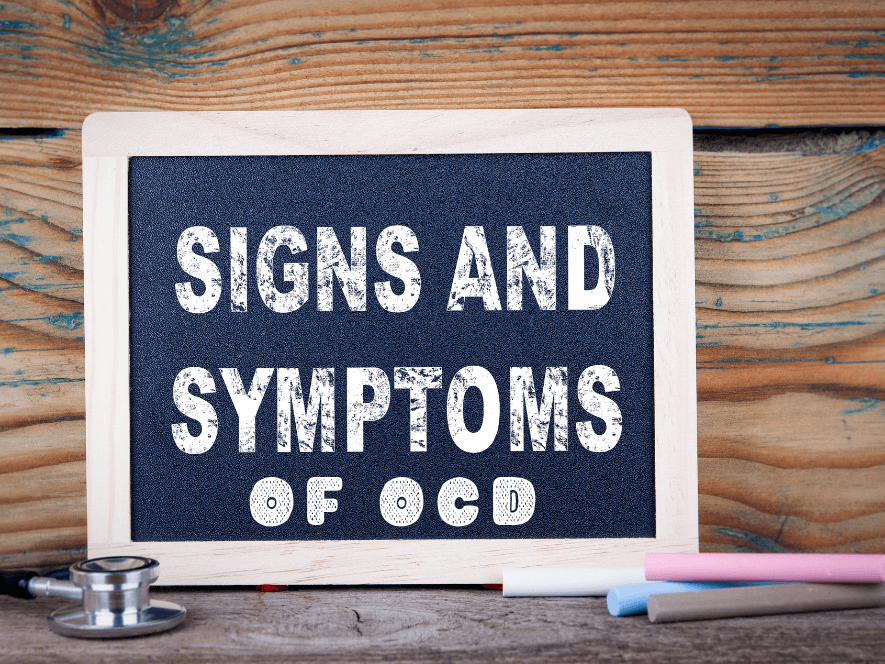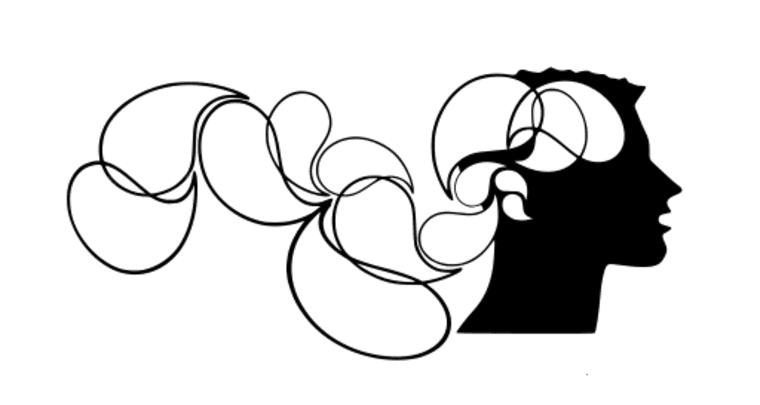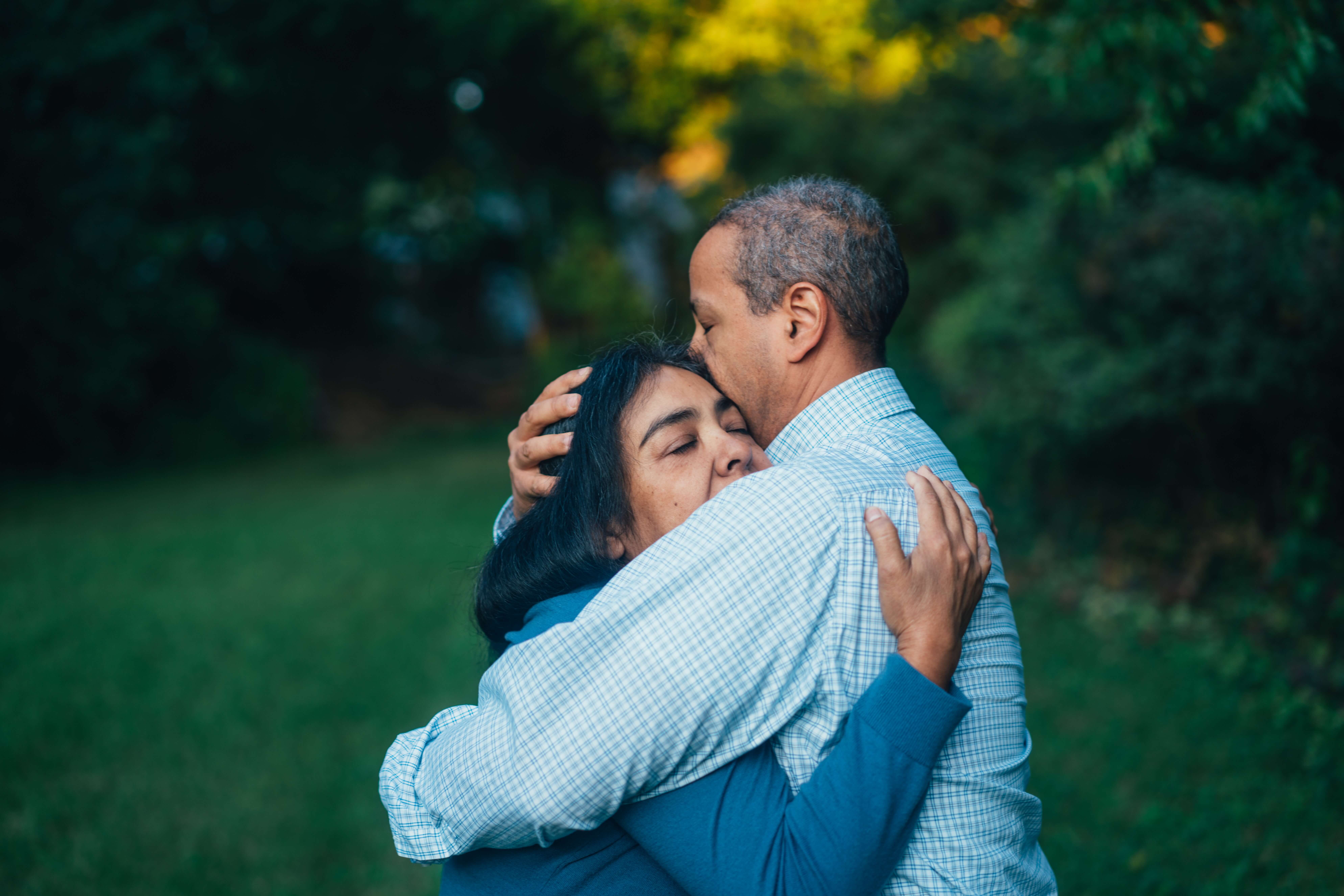Obsessive-compulsive disorder (OCD) is a type of anxiety disorder.
As the name suggests, this mental health condition is characterized by obsessions and compulsions, which can result in intense feelings of distress, anxiety, and fear. OCD patients will engage in rituals to relieve these unpleasant feelings and reduce anxiety.
You may be wondering, Do I have OCD? It’s important to be aware of the signs and symptoms so you can better answer this question. Left untreated, this disorder can seriously disrupt your daily life. If you notice any of the following, it’s best to seek out treatment options right away. Doing so will help you achieve positive mental health.
Common OCD Symptoms
Maybe you struggle with obsessions and compulsions on a daily basis.
If so, this may lead you to ask the question, do I have OCD? While it’s natural to obsess about things at times or act in a compulsive way to some degree, the obsessions and compulsions of OCD are quite different in nature. Let’s take a look at the key symptoms of OCD.
Obsessions
Obsessions in OCD are persistent thoughts, images, urges, or doubts.
They appear in your mind again and again and just won’t go away. Obsessions can interfere with your everyday thoughts, against your control. These obsessions can be graphic, disturbing, and scary. If you live with OCD, your obsessions can lead to feelings of distress, anxiety, fear, discomfort, and disgust.
If you suffer from OCD, you may feel embarrassed to share your obsessions with others. Many OCD patients feel shame for having certain obsessions, especially if they involve taboo acts or causing harm to others.
It should be emphasized, though, that your obsessions are not a reflection of your character. OCD patients are unlikely to ever act on thoughts that they find disturbing.
Common obsessions in OCD include the following:
- You may fear being contaminated by bacteria or worry about contaminating others. Often, this obsession involves distress at the thought that contamination will lead to a terrible disease.
- Losing control. You may worry that, by losing control, you will cause great harm to yourself or others. This could also include a fear of not having or losing the things that you need when you need them.
- Order and symmetry. With this type of obsession, you feel that everything has to be “just right.” Things seeming out of place, unclean, or disorderly can be a major cause of distress.
- You pay excessive attention to things that you think of as lucky or unlucky. This is known as “magical thinking.” You may also spend a huge amount of time focusing on religious or moral ideas.
- Intrusive thoughts. With this OCD obsession, you will tend to have uncontrollable thoughts related to sexual and/or violent themes.
Compulsions
This is another key symptom of OCD. Compulsions refer to repetitive behaviors that you feel need to be carried out in order to reduce anxiety associated with your obsessions. As someone living with OCD, you will often need to engage in the compulsion for large amounts of time until the anxiety goes away or until things feel right again.
For some OCD sufferers, this can take hours. This is often how OCD can cause disruptions in people’s lives, work, and relationships.
You may be aware that it is irrational to carry out the compulsions, but feelings of distress can become overwhelming if you don’t act on them. The relief from compulsions, however, may not last for very long. This results in OCD sufferers getting trapped in a cycle of anxiety and compulsions.
OCD compulsions can be physical actions, mental rituals, or involve a number. Here are some examples of common compulsions:
- These may include the need to excessively wash your hands or clean things around you. You may also need to touch things in a particular order or at a specific time. Another ritual would be arranging objects in a certain order.
- This could involve repeatedly checking that doors and windows are locked, checking your body for contamination, or checking in on loved ones to make sure they’re safe.
- Correcting thoughts. This compulsion might involve repeating a word or phrase in your head or out loud. You might also feel compelled to count to a certain number or try to replace intrusive thoughts with other thoughts or images.
- If you struggle with this compulsion, you may repeatedly ask other people to reassure you that you or they are safe.
Avoidance
Another common obsessive-compulsive disorder symptom is avoidance. If certain situations, objects, or experiences cause you major distress, you may avoid them. As an OCD sufferer, confronting situations related to your OCD can make your obsessions and compulsions even worse.
For instance, you may be worried about driving your car out of fear you will run someone over. And from past experience, you may know that getting in your car and driving causes intense fear and worry. So you avoid driving altogether.
You may also avoid situations that will result in you engaging in a compulsion. If a checking ritual, for example, takes up a lot of your time, you may decide it’s better to avoid whatever it is that encourages the compulsion.
When you avoid situations that cause anxiety or a type of compulsion, you can worsen your health conditions in the long run. It’s important to confront the situations you fear in order to gain control of your daily life.
Emotional Symptoms of OCD
People who suffer from OCD often experience a range of emotional symptoms or related disorders, including excessive worry, extreme tension, feeling overwhelmed, anxiety, and depression.
Physical Symptoms of OCD
Some individuals with OCD experience physical symptoms. For example, you might wash your hands so often out of fear of contamination that you cause them to bleed.
Also, since OCD is an anxiety disorder, the condition can include many of the physical signs and symptoms of anxiety, such as:
- Pounding heart
- Sweating
- Shortness of breath
- Shaking/trembling
- Headaches
- Dizziness
- Upset stomach
- Frequent urination
If any of the above symptoms of OCD stand out to you, it’s important to visit a mental health professional who can provide effective treatment. With the right kind of therapy and/or medication, you will be able to manage your symptoms and lead a much happier and more fulfilling life.







